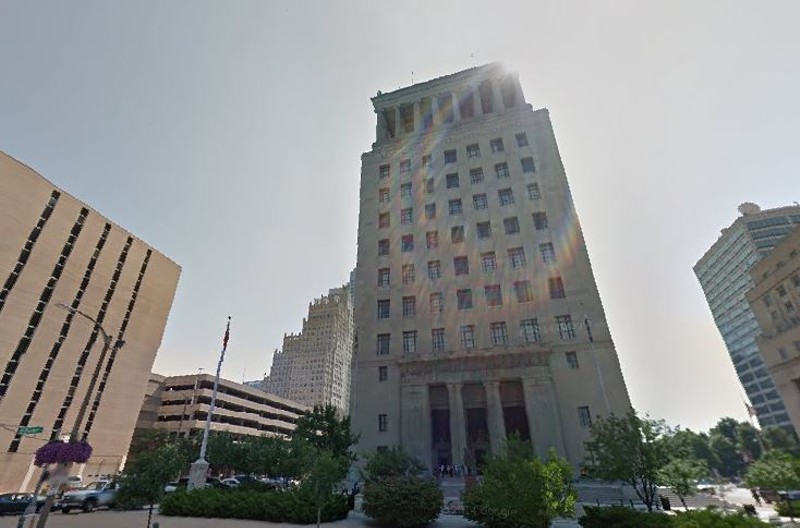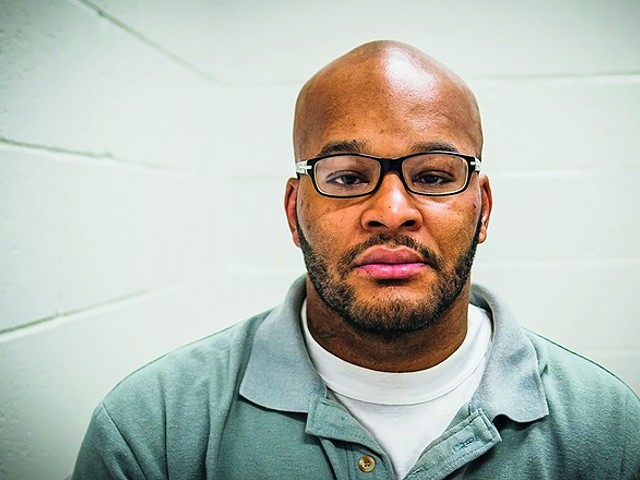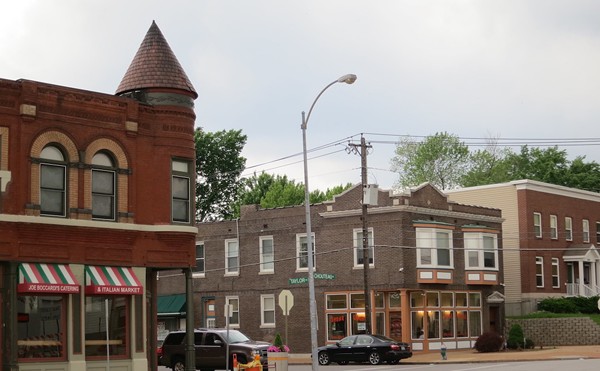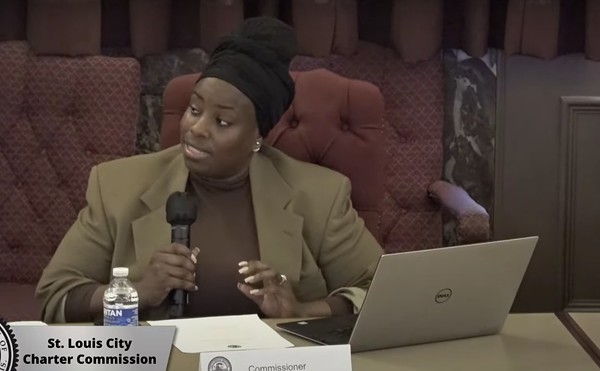St. Louis County's Plea Bargaining Process Still Opaque, Study Finds
Researchers found a lack of consistency and transparency in the process
[
{
"name": "GPT - Leaderboard - Inline - Content",
"component": "41932919",
"insertPoint": "5th",
"startingPoint": "3",
"requiredCountToDisplay": "3",
"maxInsertions": 100
}
]
A new study is providing what researchers call an "unprecedented" look at the opaque plea-bargaining process both in courthouses in St. Louis County and elsewhere.
Plea bargains are the process by which prosecutors and defense attorneys negotiate and reach an outcome for a defendant in a criminal case. More than 90 percent of felony guilty pleas in state court are reached through this process, authors of the study say.
Jennifer Ferone, a research director at City University of New York’s Institute for State & Local Governance, said in a statement that, "The plea-bargaining process is rightfully called a 'black box' due to how little we know about prosecutors' decision-making processes for it. These reports offer a first-of-their-kind look at how prosecutors currently approach the process as well as how we can standardize that process moving forward."
Researchers interviewed prosecutors and defendants in St. Louis County as well as Philadelphia and Milwaukee. They found that a defendant's prospects in the plea-bargaining process depend a great deal on the luck of whichever line prosecutor happens to be handling the case. Researchers cited a "problematic lack of consistent standards" in pleas and that "prosecutorial discretion was the primary determining factor of what a plea bargain looked like."
One of the study's authors, University of Missouri-St. Louis Criminology and Criminal Justice professor Beth Huebner tells the RFT that her interviews suggest that in St. Louis County defendants worried about lengthy pretrial jail incarceration are often motivated to plead guilty, particularly during the pandemic.
"Public defenders indicated that they would encourage individuals to exercise their right to trial, but there was a lot of fear of the outcome and delays in the court process," Huebner says.
If a defendant is found guilty at trial, they face what Huebner calls a "trial penalty," meaning that the sentence imposed by the court will be more severe than if the defendant had taken a plea bargain.
Researchers in Philadelphia found that almost half of the prosecutors they surveyed there said that innocent people “sometimes” or “often” accept guilty pleas.
Huebner says that while prosecutors in St. Louis County did not voice those exact same concerns, she did speak with many defendants who said they felt pressured to plead guilty and often gave up their due-process rights in order to get out of jail, even if it meant leaving with a record.
We welcome tips and feedback. Email the author at [email protected]
or follow on Twitter at @RyanWKrull.
Coming soon: Riverfront Times Daily newsletter. We’ll send you a handful of interesting St. Louis stories every morning. Subscribe now to not miss a thing.
Follow us: Google News | NewsBreak | Reddit | Instagram | Facebook | Twitter







